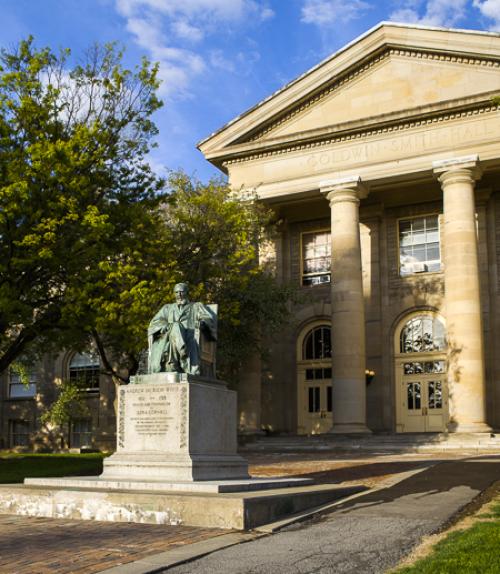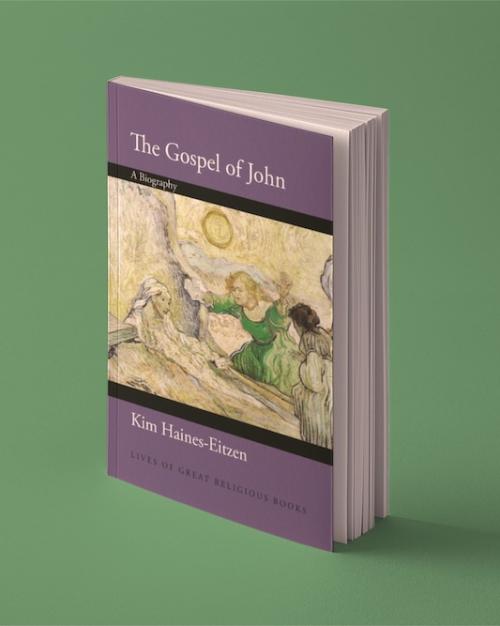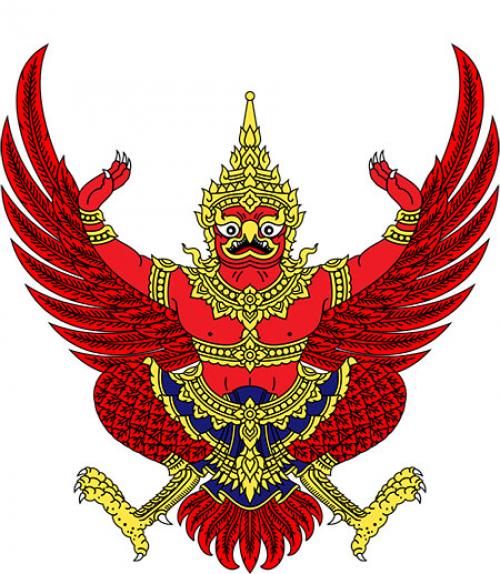Protests continued in Thailand on Friday after parliament failed to reach an agreement on possible constitutional reforms. Demonstrators have been taking to the streets since July in an effort to pressure parliament to limit the powers of the country’s monarchy.
Tamara Loos, professor and chair of history, says that the rallies highlight how Thai society has changed its approach to politics, and the monarchy:
“The protests lighting up Bangkok differ from previous rallies in three crucial ways. First, the relationship between the monarch and the people has drastically changed. Protesters are now willing to break the long-held taboo against publicly criticizing the monarchy. While the population respected the previous monarch as a moral exemplar, they see the new monarch, King Vajiralongkorn, as morally bankrupt. By contrast, the protesters, led by a courageous new generation, now hold the high moral ground," says Loos.
“Second, the state no longer controls the media. In the past, the media – primarily TV and radio – were controlled by the army and government broadcasting authorities. Now, many in Thailand have access to Twitter, Facebook and Google which they use to express and to share their opinions about Thai politics. These avenues of expression are not controlled by Thai authorities.
“Third, the economic context has shifted. In the past, Thailand’s economy remained stable despite its coup-ridden politics. But this has changed because of Covid-19 and its devasting impact on Thai economy. Those who depend on tourism for their livelihood have been disproportionately impacted, exacerbating existing profound wealth inequalities. They join the youth in these growing protests.”
For media inquiries, contact Linda Glaser, news & media relations manager, lbg37@cornell.edu, 607-255-8942.




